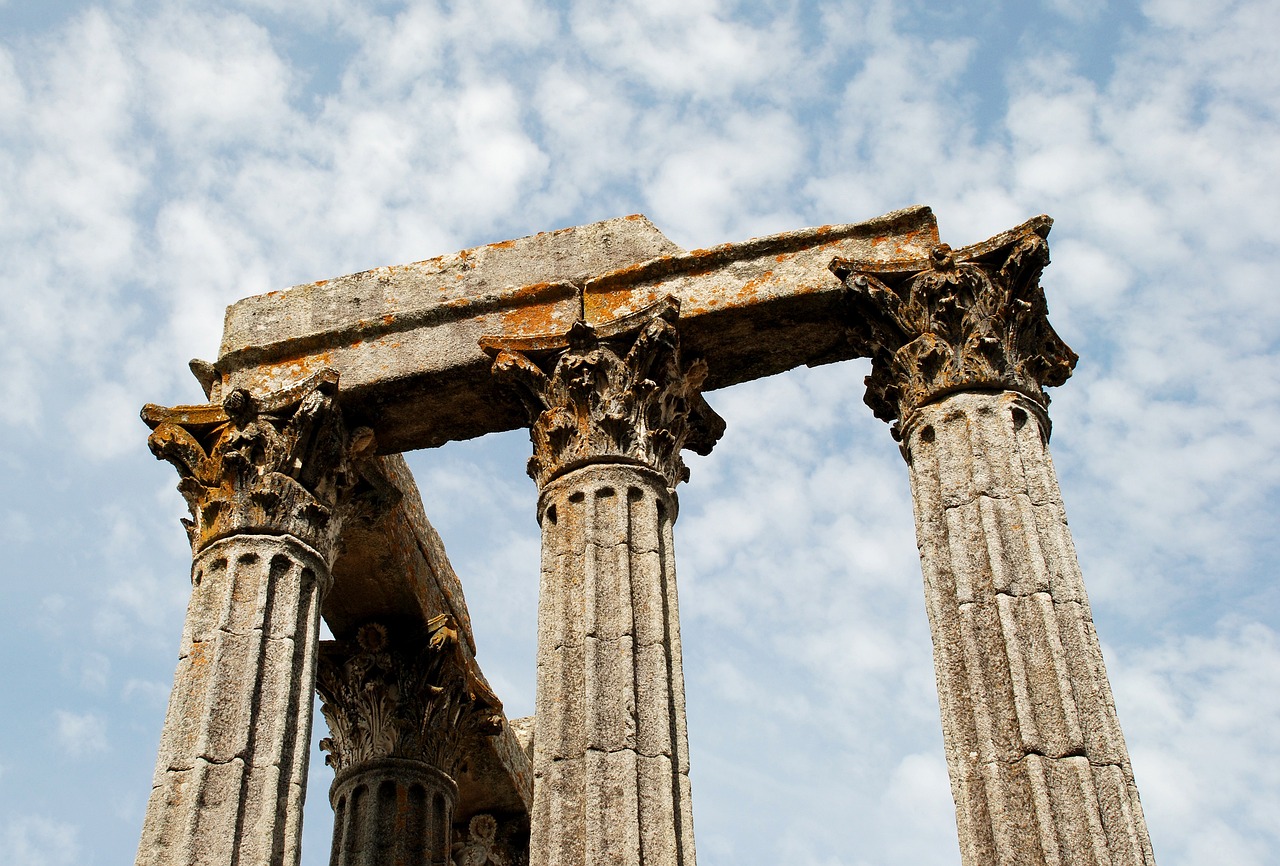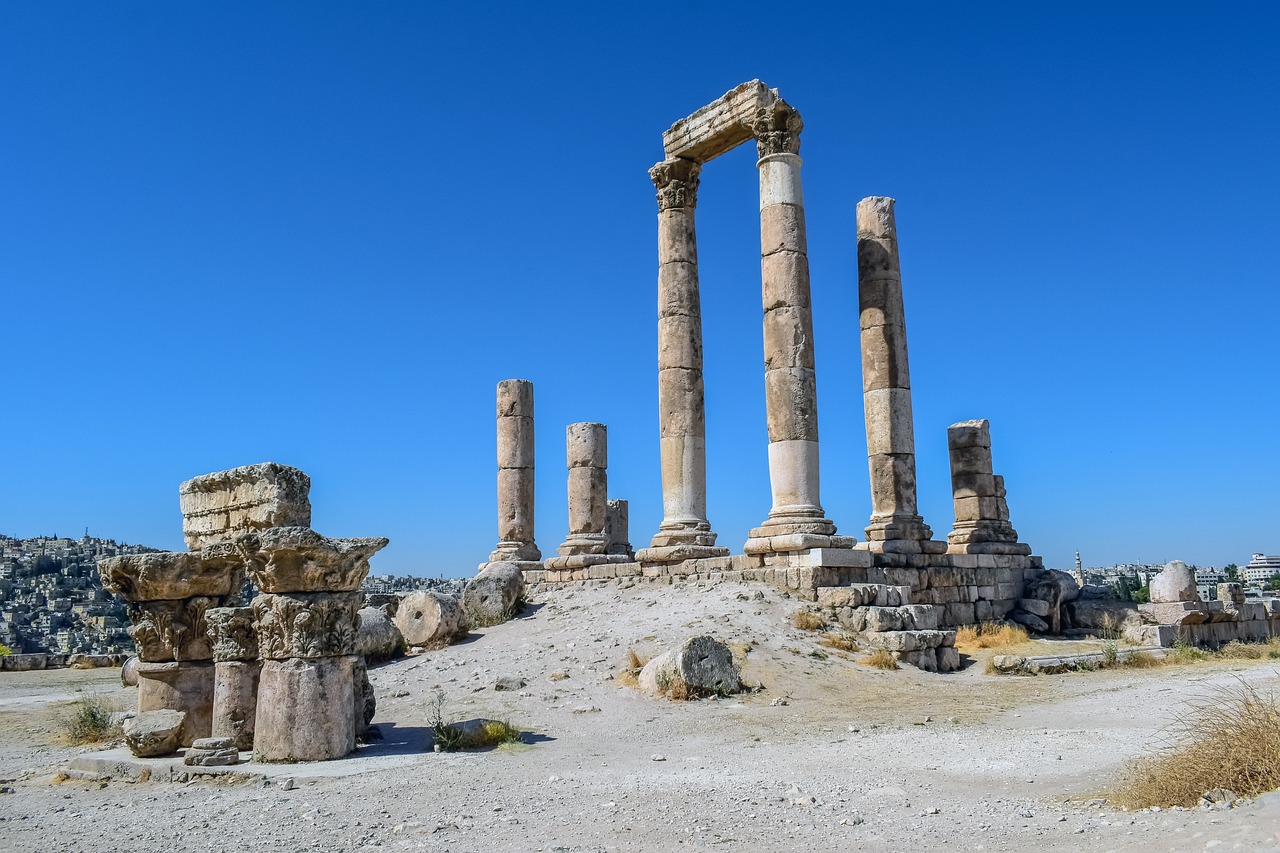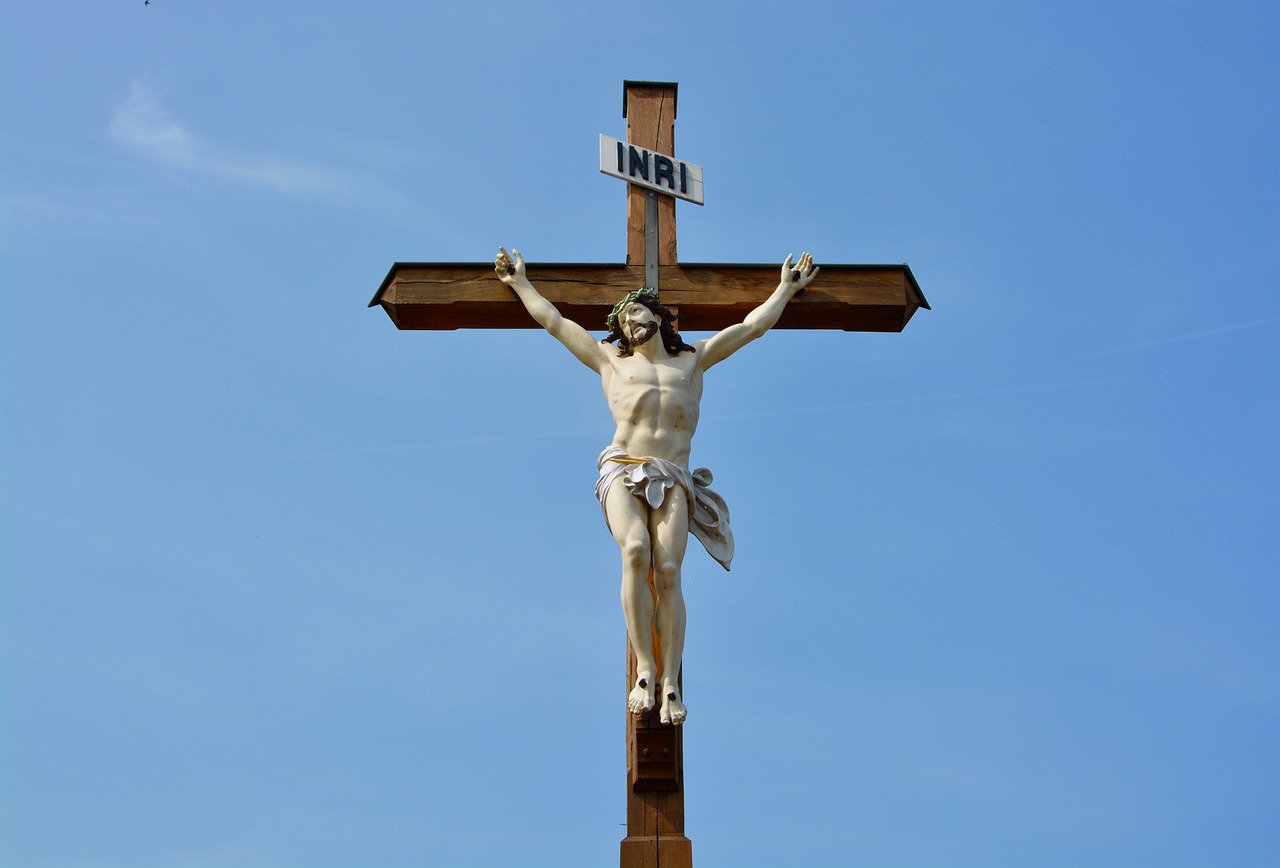An Examination of Ancient Gnostic Beliefs
Gnosticism, an ancient and enigmatic belief system, offers a fascinating glimpse into the mystical and esoteric realms of spirituality. Originating in the early centuries of the Common Era, Gnosticism is a complex tapestry woven from various philosophical, religious, and mystical threads. Influenced by Hellenistic philosophy, Jewish mysticism, and Persian dualism, Gnostic beliefs present a unique perspective on the nature of reality and the human experience.
Central to Gnostic cosmology is the notion of a flawed material world, created by a misguided deity known as the Demiurge. In this worldview, divine aeons emanate from the ultimate reality, seeking to guide humanity back to the spiritual realms. However, the path is fraught with challenges, including encounters with malevolent beings called Archons, who seek to keep souls trapped in ignorance and suffering.
Salvation in Gnosticism is intricately tied to the acquisition of gnosis, or spiritual knowledge. This knowledge is not merely intellectual but experiential, leading the individual to a profound understanding of their divine origins and ultimate destiny. Through gnosis, one can transcend the limitations of the material world and achieve union with the divine source.
The Gnostic Gospel of Thomas offers a unique perspective on the teachings of Jesus, emphasizing the importance of inner transformation and spiritual insight. This text, along with other Gnostic scriptures, challenges conventional Christian narratives and sheds light on the diversity of early Christian thought and practice.
Within Gnostic mythology, the figure of Sophia, the divine feminine, plays a crucial role as the embodiment of wisdom and spiritual enlightenment. Sophia's journey from the heights of divine wisdom to the depths of material chaos reflects the Gnostic understanding of the soul's descent into the physical realm and its potential for redemption.
Throughout history, Gnostic ideas have permeated various mystical traditions, influencing the development of Hermeticism, Kabbalah, and Christian mysticism. The emphasis on direct spiritual experience, the pursuit of hidden knowledge, and the quest for divine union can be traced back to the foundational principles of Gnostic thought.
In the modern era, there has been a resurgence of interest in Gnostic beliefs, leading to the establishment of contemporary Gnostic communities and reinterpretations of ancient texts. The timeless allure of Gnosticism continues to captivate spiritual seekers and scholars alike, offering a profound and provocative alternative to mainstream religious narratives.

Origins of Gnosticism
Exploring the mystical and esoteric beliefs of ancient Gnosticism, its origins, core tenets, and influence on early Christianity and Western spirituality.
The origins of Gnosticism can be traced back to a fascinating blend of diverse influences. Emerging in the early centuries of the Common Era, Gnostic beliefs drew inspiration from a rich tapestry of philosophical, religious, and cultural traditions. Hellenistic philosophy, with its emphasis on inner knowledge and spiritual enlightenment, played a significant role in shaping the foundational principles of Gnosticism. Additionally, elements of Jewish mysticism, such as the concept of hidden wisdom and divine emanations, intertwined with Gnostic teachings. Persian dualism, which posited a stark contrast between the forces of light and darkness, also left its mark on Gnostic cosmology.
These varied influences converged to form a unique spiritual worldview that challenged conventional understandings of the divine, the material world, and human existence. The enigmatic nature of Gnosticism's origins mirrors the complexity and depth of its teachings, inviting seekers to delve into the mysteries of the universe and the self.
Understanding the universe through the lens of Gnostic cosmology unveils a profound perspective on the nature of reality. Central to Gnostic thought is the notion of a flawed material world, created by a misguided deity known as the Demiurge. In contrast to traditional views of a perfect and benevolent creator, Gnosticism posits a universe marred by imperfection and ignorance.
Within this cosmic framework, divine aeons, or emanations of the ultimate reality, play a crucial role in the process of creation and redemption. These celestial beings embody aspects of the divine essence and guide human souls on their journey towards liberation and reunion with the transcendent source of all existence.
At the heart of Gnostic cosmology lies a complex hierarchy of spiritual entities, including the malevolent Archons and the Demiurge, the flawed creator of the material world. The Archons, often depicted as malevolent rulers or cosmic forces, seek to deceive and enslave humanity, trapping souls in the cycle of reincarnation and ignorance.
The Demiurge, an imperfect and ignorant deity, mistakenly believes himself to be the ultimate creator and imposes limitations on human consciousness. Gnostics view the Demiurge as a false god, responsible for the flawed nature of the material world and the suffering inherent in earthly existence.
Central to the Gnostic path of spiritual awakening is the pursuit of gnosis, or transcendent knowledge that leads to liberation from the constraints of the material realm. Gnostics believe that true salvation comes not through blind faith or ritualistic practices, but through direct experiential knowledge of the divine reality.
By uncovering the hidden truths of existence and transcending the illusions of the material world, individuals can achieve spiritual enlightenment and reunite with the divine source of all being. The quest for gnosis represents a profound journey of self-discovery and transformation, offering seekers a path to transcendence and ultimate liberation.

Gnostic Cosmology
Exploring the mystical and esoteric beliefs of ancient Gnosticism, its origins, core tenets, and influence on early Christianity and Western spirituality.
Tracing the historical roots of Gnostic beliefs, including influences from Hellenistic philosophy, Jewish mysticism, and Persian dualism.
Understanding the Gnostic view of the universe is like embarking on a journey through a labyrinth of spiritual dimensions. In Gnostic cosmology, the material world is seen as flawed and imperfect, a mere shadow of the true divine reality. Central to this belief system are the divine aeons, emanations of the ultimate reality, which play a crucial role in the creation and sustenance of the cosmos.
The Gnostic cosmological worldview presents a stark contrast to conventional religious narratives, offering a unique perspective on the nature of existence and the human experience. It challenges adherents to look beyond the superficial and delve deep into the mysteries of the universe, seeking to uncover the hidden truths that lie beneath the surface.
Within the intricate hierarchy of spiritual beings in Gnostic cosmology, the malevolent Archons stand as obstacles to spiritual enlightenment, seeking to keep humanity bound to the material realm. At the pinnacle of this hierarchy sits the Demiurge, the flawed creator deity responsible for the imperfect nature of the physical world. Understanding the role of these entities is essential to grasping the Gnostic understanding of the universe and the human condition.
Central to Gnostic cosmology is the concept of gnosis, a profound spiritual knowledge that leads to liberation from the constraints of the material world. This emphasis on inner enlightenment and personal transformation underscores the Gnostic belief in the potential for transcending earthly limitations and achieving union with the divine. Through the pursuit of gnosis, adherents seek to unravel the mysteries of existence and attain a higher state of consciousness.
Analyzing the teachings of Jesus found in the Gnostic Gospel of Thomas sheds light on the diverse interpretations of early Christian doctrine. This ancient text offers a glimpse into the rich tapestry of beliefs and practices that characterized the early Christian community, highlighting the fluidity and diversity of religious thought in the formative years of the faith.
Exploring the role of the feminine divine, Sophia, in Gnostic mythology reveals a profound connection to wisdom and spiritual enlightenment. Sophia embodies the essence of divine wisdom, serving as a guiding light for seekers on the path to inner transformation and self-discovery. Her presence in Gnostic cosmology symbolizes the importance of balance and harmony in the quest for spiritual truth.
Discussing how Gnostic ideas have permeated later mystical traditions, such as Hermeticism, Kabbalah, and Christian mysticism, showcases the enduring impact of Gnostic thought on spiritual practices throughout history. The legacy of Gnosticism continues to inspire seekers of truth and wisdom, offering a unique perspective on the mysteries of the universe and the human soul.
Examining the resurgence of interest in Gnostic beliefs in the modern era reveals a growing fascination with the esoteric and mystical aspects of spirituality. Contemporary Gnostic communities and interpretations provide a platform for exploring ancient wisdom in a modern context, inviting individuals to embark on a journey of self-discovery and spiritual transformation.

Archons and Demiurge
When delving into the intricate web of ancient Gnostic beliefs, one encounters a fascinating hierarchy of spiritual entities known as Archons and the enigmatic figure of the Demiurge. In Gnostic cosmology, the Archons are malevolent beings who exist between the human realm and the divine, often hindering spiritual progression and enlightenment. These entities are seen as forces of cosmic ignorance, seeking to keep humanity bound to the material world and unaware of their true spiritual nature.
At the apex of the Gnostic hierarchy stands the Demiurge, a flawed and misguided creator deity responsible for the creation of the imperfect material world. Unlike the benevolent and transcendent supreme being of traditional monotheistic religions, the Demiurge is depicted as a lesser, ignorant entity who mistakenly believes himself to be the ultimate god. This distorted perception leads the Demiurge to create a flawed and chaotic universe, disconnected from the true divine source.
Within Gnostic teachings, the Demiurge is often portrayed as a malevolent force that seeks to deceive and imprison human souls within the material realm, perpetuating a cycle of suffering and spiritual ignorance. The concept of the Demiurge serves as a stark contrast to the notion of a benevolent and loving creator, challenging traditional views of divinity and the nature of existence.

Salvation and Knowledge
Salvation and Knowledge are central themes in Gnostic belief, emphasizing the importance of spiritual enlightenment and understanding as the path to liberation from the material world. Gnosis, the Greek word for knowledge, is not mere intellectual understanding but a deep, experiential knowledge of the divine. According to Gnosticism, salvation is achieved through this inner knowing, which allows individuals to transcend the illusion of the physical realm and reunite with the true, spiritual reality.
In Gnostic cosmology, the material world is often seen as a flawed creation, a place of ignorance and suffering. The Demiurge, the false god responsible for this imperfect realm, traps human souls in bodies, leading to a state of spiritual amnesia. Salvation, therefore, involves awakening to one's true nature and the higher spiritual realms beyond the material plane.
Unlike traditional Christian teachings that focus on faith or good works for salvation, Gnosticism places a strong emphasis on personal revelation and direct experience of the divine. This knowledge is not something that can be taught or learned through external sources but must be discovered within oneself through introspection and spiritual practice.
Furthermore, Gnostics believe that this knowledge is not accessible to all but is reserved for those who are spiritually awakened and receptive to the divine truth. Through the process of gnosis, individuals can transcend the limitations of the physical world and achieve a state of spiritual freedom and enlightenment.

Gospel of Thomas
The is a collection of sayings attributed to Jesus that were discovered in 1945 near Nag Hammadi, Egypt. Unlike the canonical Gospels, the Gospel of Thomas is a non-narrative text that consists of 114 logia or sayings of Jesus, emphasizing spiritual wisdom and insight. This ancient text offers a unique perspective on the teachings of Jesus and provides valuable insights into the diversity of early Christian thought.

Divine Feminine in Gnosticism
The concept of the Divine Feminine in Gnosticism holds a profound significance, portraying a unique perspective on the role of feminine energy in the spiritual realm. Within Gnostic mythology, the figure of Sophia emerges as a central and powerful symbol, embodying wisdom, intuition, and spiritual enlightenment. Often depicted as a divine emanation or aeon, Sophia represents the aspect of the divine that is intimately connected to the pursuit of knowledge and the awakening of the soul.
Unlike traditional religious narratives that predominantly emphasize masculine deities, Gnosticism offers a balanced view by recognizing the essential role of the feminine in the cosmic order. Sophia is not merely a passive or secondary figure but is actively involved in the process of creation and redemption. She serves as a guide for the soul, leading individuals towards a deeper understanding of themselves and the divine mysteries that transcend the material world.
Moreover, the presence of the Divine Feminine in Gnosticism challenges conventional patriarchal structures and invites a reevaluation of gender dynamics within spiritual contexts. By elevating the feminine principle to a position of reverence and authority, Gnosticism promotes a holistic approach to spirituality that honors the interconnectedness of all aspects of existence.
Through the archetype of Sophia, Gnosticism encourages seekers to embrace both their masculine and feminine qualities, recognizing that true spiritual enlightenment arises from the harmonious integration of polarities. The Divine Feminine in Gnosticism serves as a reminder of the inherent balance and unity present in the cosmos, inviting individuals to explore the depths of their souls and cultivate a deeper connection to the divine source of all creation.

Gnostic Influence on Mysticism
Gnosticism, with its profound and enigmatic beliefs, has left an indelible mark on various mystical traditions throughout history. The influence of Gnostic ideas can be seen echoing through the corridors of mysticism, shaping and inspiring diverse spiritual paths. From Hermeticism to Kabbalah and Christian mysticism, the tendrils of Gnosticism have woven a rich tapestry of esoteric wisdom.
One of the key ways in which Gnosticism has influenced mysticism is through its emphasis on hidden knowledge and direct personal experience of the divine. Gnostics believed in the importance of gnosis, a deep spiritual insight that transcends mere intellectual understanding. This emphasis on experiential knowledge as a path to enlightenment resonated with later mystical traditions, shaping their approach to spiritual exploration.
Furthermore, the Gnostic concept of the divine spark within each individual, waiting to be awakened and reunited with the ultimate source, has reverberated through mystical teachings. The idea of inner divine potential and the journey towards self-realization can be traced back to Gnostic roots, influencing how mystics perceive the nature of the self and its connection to the divine.
In addition, Gnostic cosmology, with its intricate hierarchy of spiritual beings and realms, has provided a framework for understanding the complexities of the universe in mystical traditions. The notion of multiple levels of existence, each with its own spiritual significance and challenges, has found resonance in the mystical exploration of different planes of consciousness and divine realms.
Overall, the Gnostic influence on mysticism is profound and far-reaching, shaping the way seekers approach the quest for spiritual truth and inner transformation. By delving into the mystical depths of Gnostic teachings, mystics have found inspiration, guidance, and a profound sense of connection to the hidden mysteries of the universe.

Modern Revival of Gnosticism
As we delve into the , we find a fascinating resurgence of interest in these ancient beliefs in contemporary times. While Gnosticism was largely suppressed and marginalized throughout history, it has experienced a revival in the modern era, captivating the minds of spiritual seekers and scholars alike.
This revival is evident in the emergence of modern Gnostic communities and organizations dedicated to exploring and practicing the teachings of ancient Gnosticism. These communities often blend traditional Gnostic beliefs with contemporary interpretations, creating a unique tapestry of spiritual exploration and self-discovery.
Moreover, the influence of Gnostic ideas can be seen in various aspects of modern spirituality, influencing not only individual seekers but also inspiring artists, writers, and thinkers across different disciplines. The esoteric and mystical nature of Gnostic beliefs continues to intrigue and inspire those who seek a deeper understanding of the spiritual realm.
Contemporary interpretations of Gnosticism also highlight its relevance in addressing existential questions and exploring the nature of reality in a rapidly changing world. The emphasis on inner knowledge, personal transformation, and the pursuit of divine wisdom resonates with individuals seeking meaning and purpose in a complex and often chaotic world.
Overall, the modern revival of Gnosticism serves as a testament to the enduring appeal and relevance of these ancient beliefs in a world hungry for spiritual depth and philosophical insight. As more people rediscover the rich tapestry of Gnostic teachings, the legacy of this mystical tradition continues to shape and inspire seekers on their spiritual journey.
Frequently Asked Questions
- What are the core beliefs of Gnosticism?
Gnosticism is a mystical belief system that emphasizes the importance of spiritual knowledge (gnosis) for achieving salvation and liberation from the material world. It views the material world as flawed and created by a lesser deity known as the Demiurge, with the ultimate goal of reuniting with the divine.
- How did Gnostic beliefs influence early Christianity?
Gnostic ideas had a significant impact on early Christian thought, influencing diverse interpretations of Jesus' teachings and the nature of salvation. The Gospel of Thomas, a Gnostic text, presents alternative perspectives on Jesus' sayings and teachings that differ from the canonical Gospels.
- Who is Sophia in Gnostic mythology?
In Gnostic mythology, Sophia is the divine feminine figure associated with wisdom and spiritual enlightenment. She plays a crucial role in the creation of the material world and is often depicted as a symbol of the soul's journey towards divine knowledge.
- How has Gnosticism influenced modern mysticism?
Gnostic ideas have continued to influence mystical traditions throughout history, including Hermeticism, Kabbalah, and Christian mysticism. The emphasis on inner spiritual knowledge and the pursuit of divine truth remains a central theme in modern interpretations of Gnostic beliefs.
- Is there a revival of Gnosticism in contemporary times?
Yes, there has been a resurgence of interest in Gnostic beliefs in modern times, with the formation of contemporary Gnostic communities and the exploration of Gnostic texts and teachings. This revival reflects a continued fascination with the mystical and esoteric aspects of Gnosticism.



















